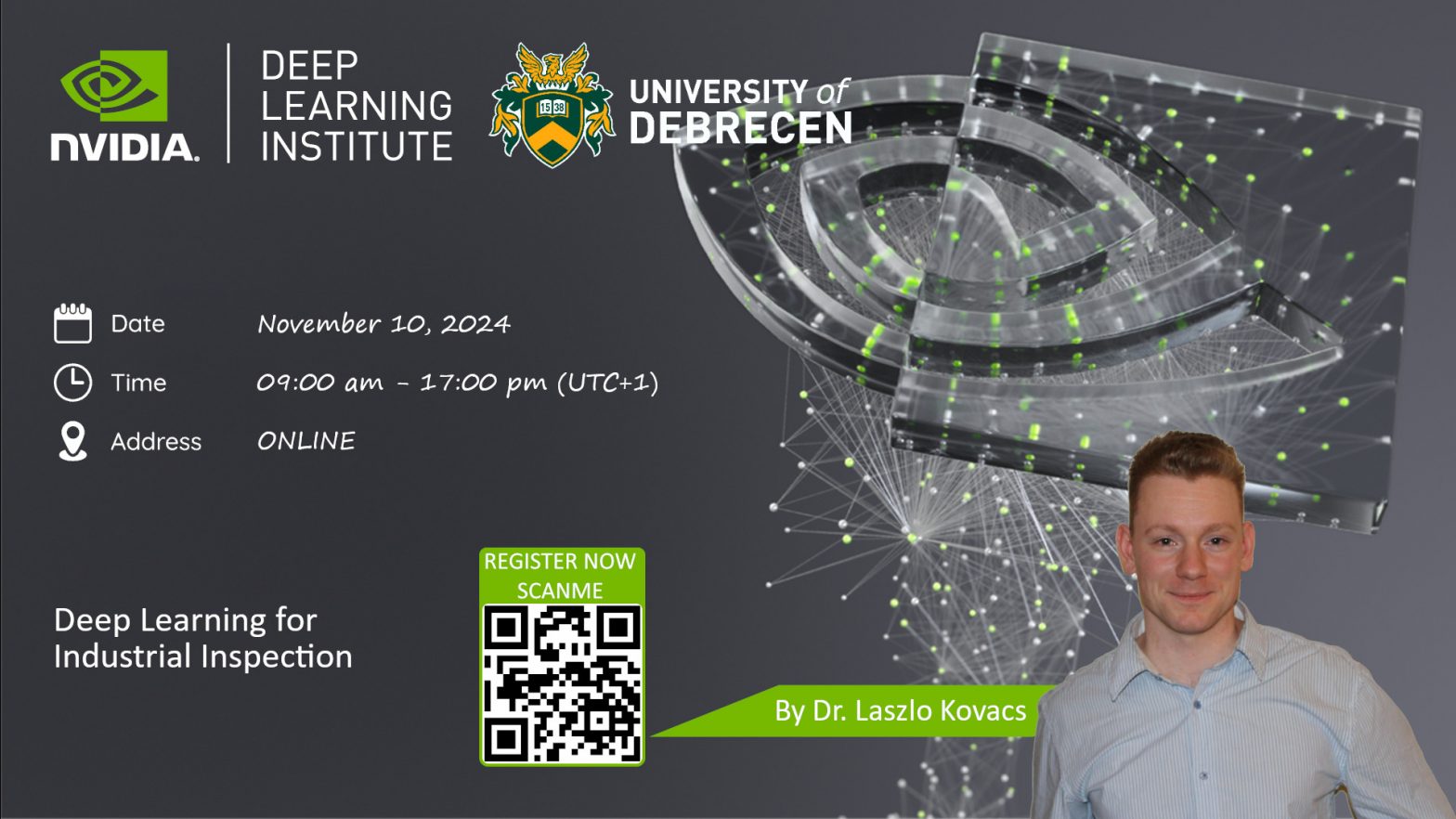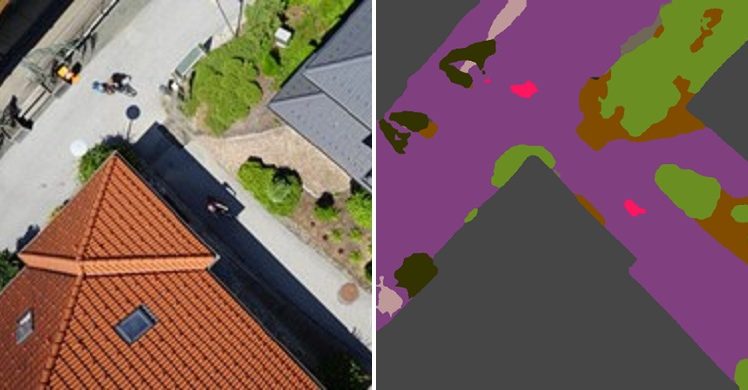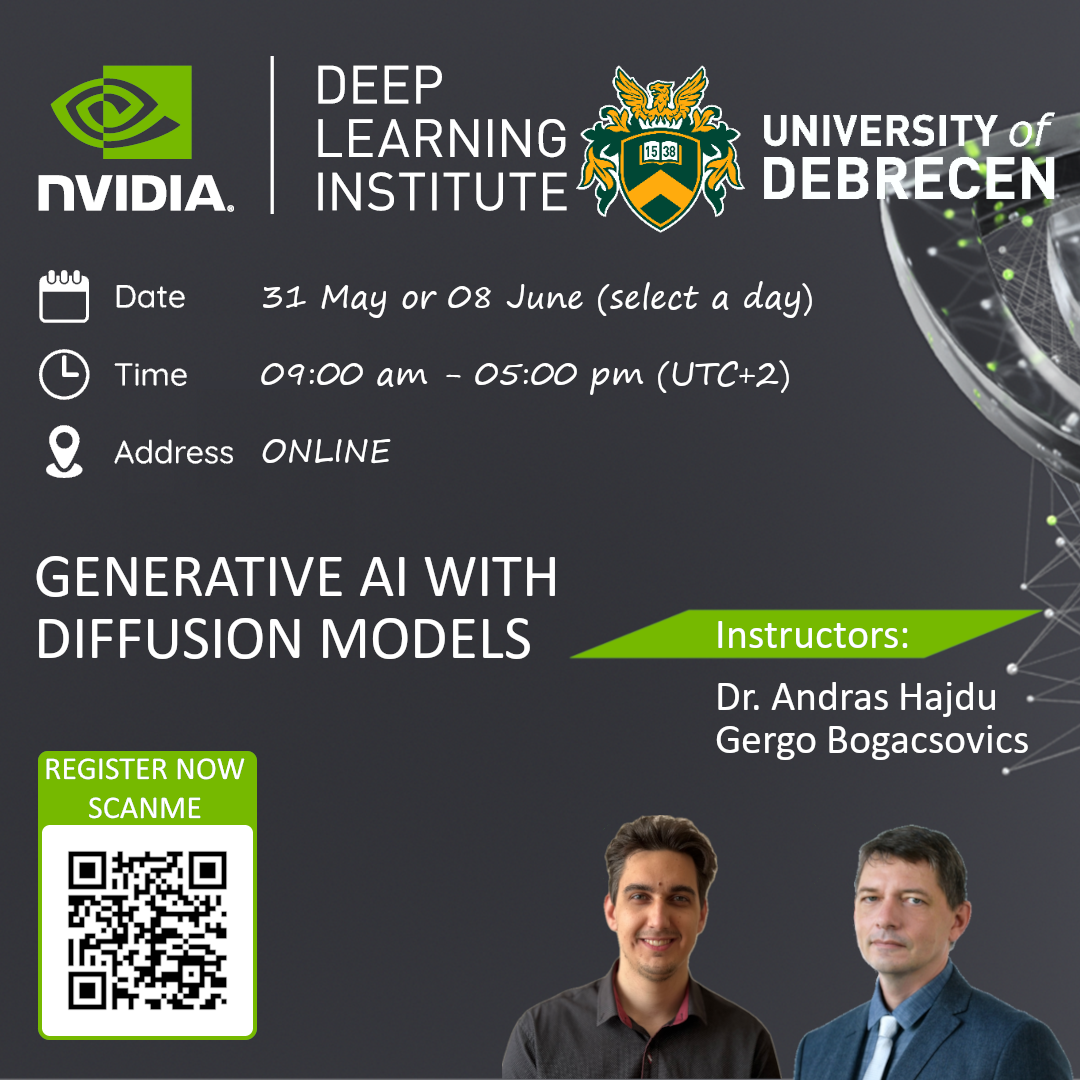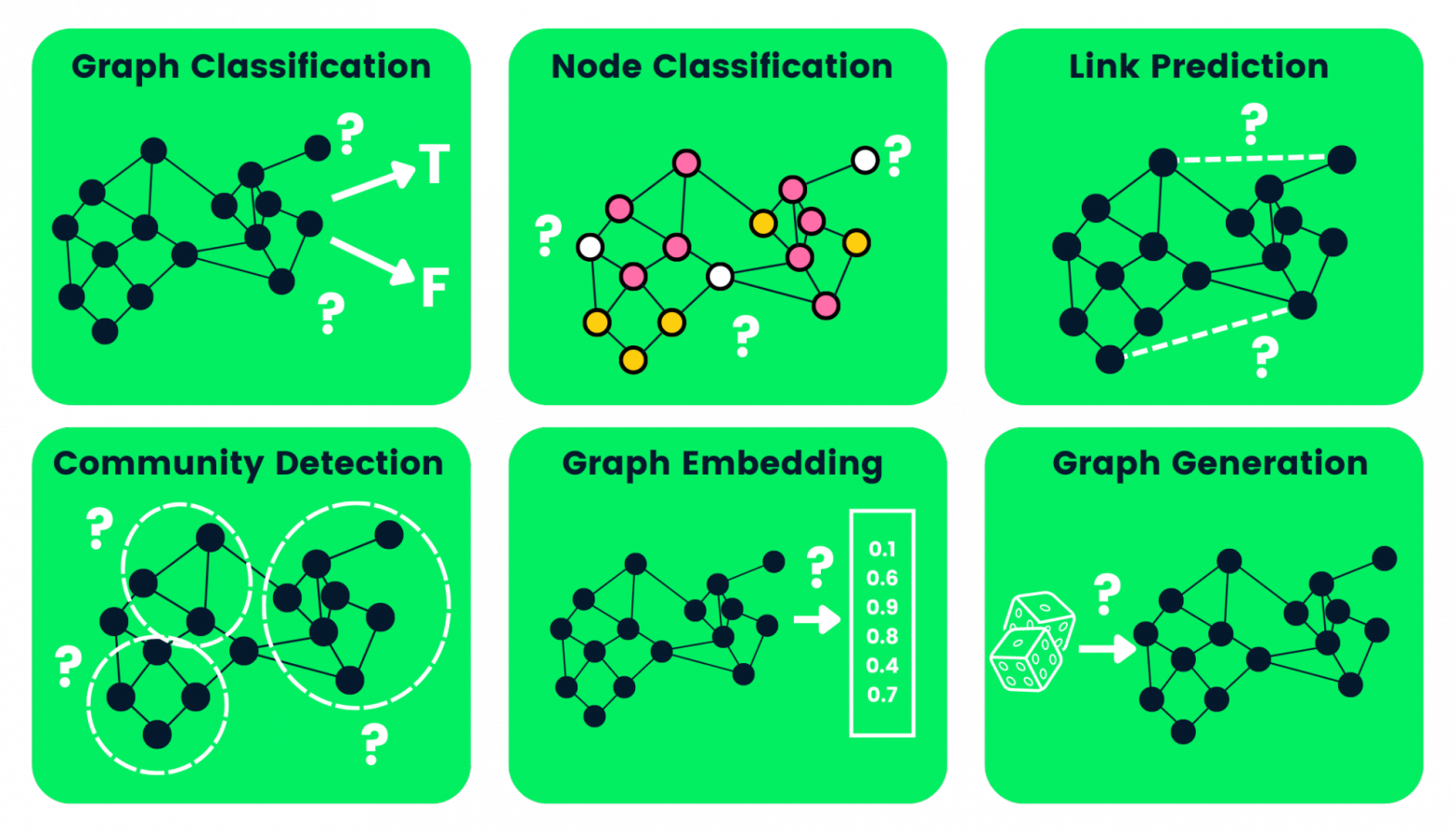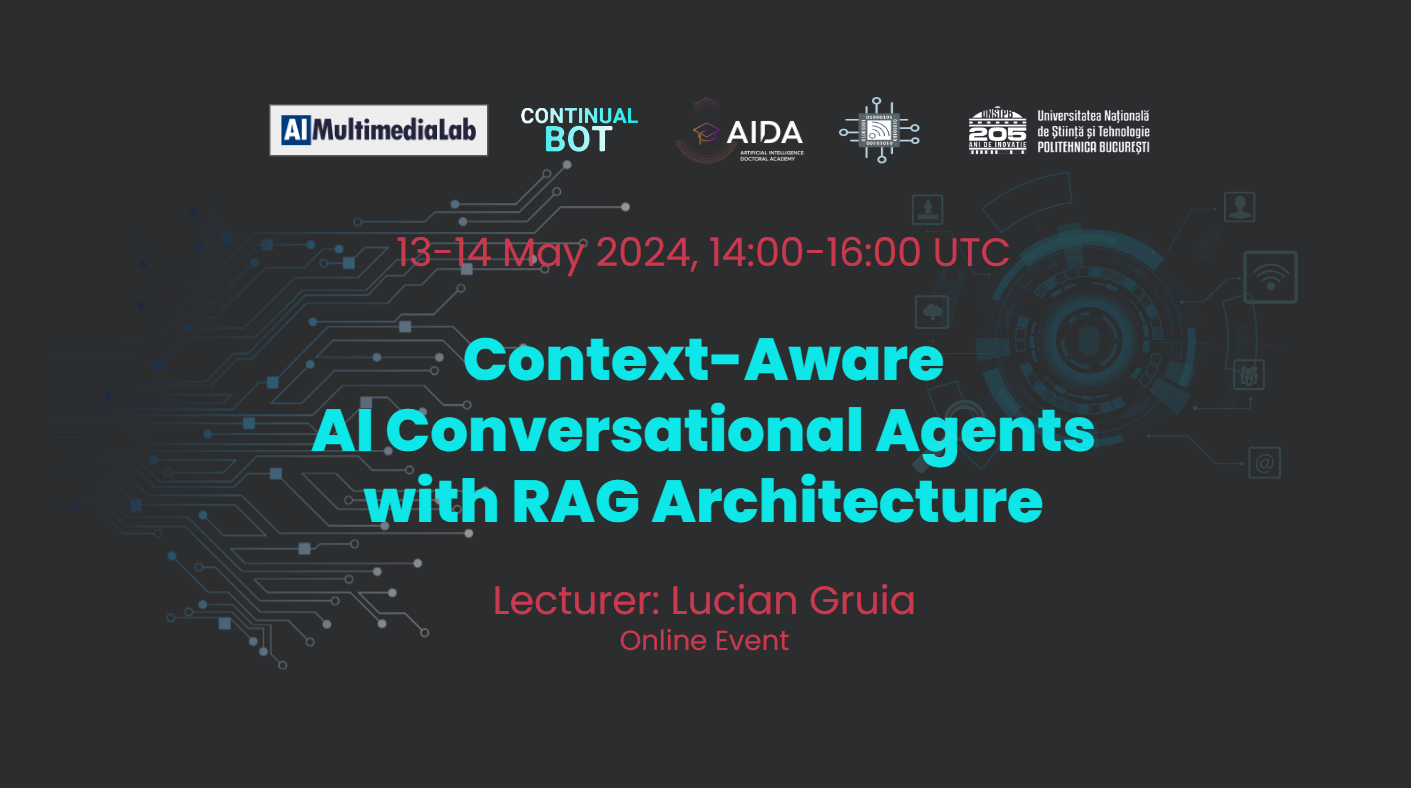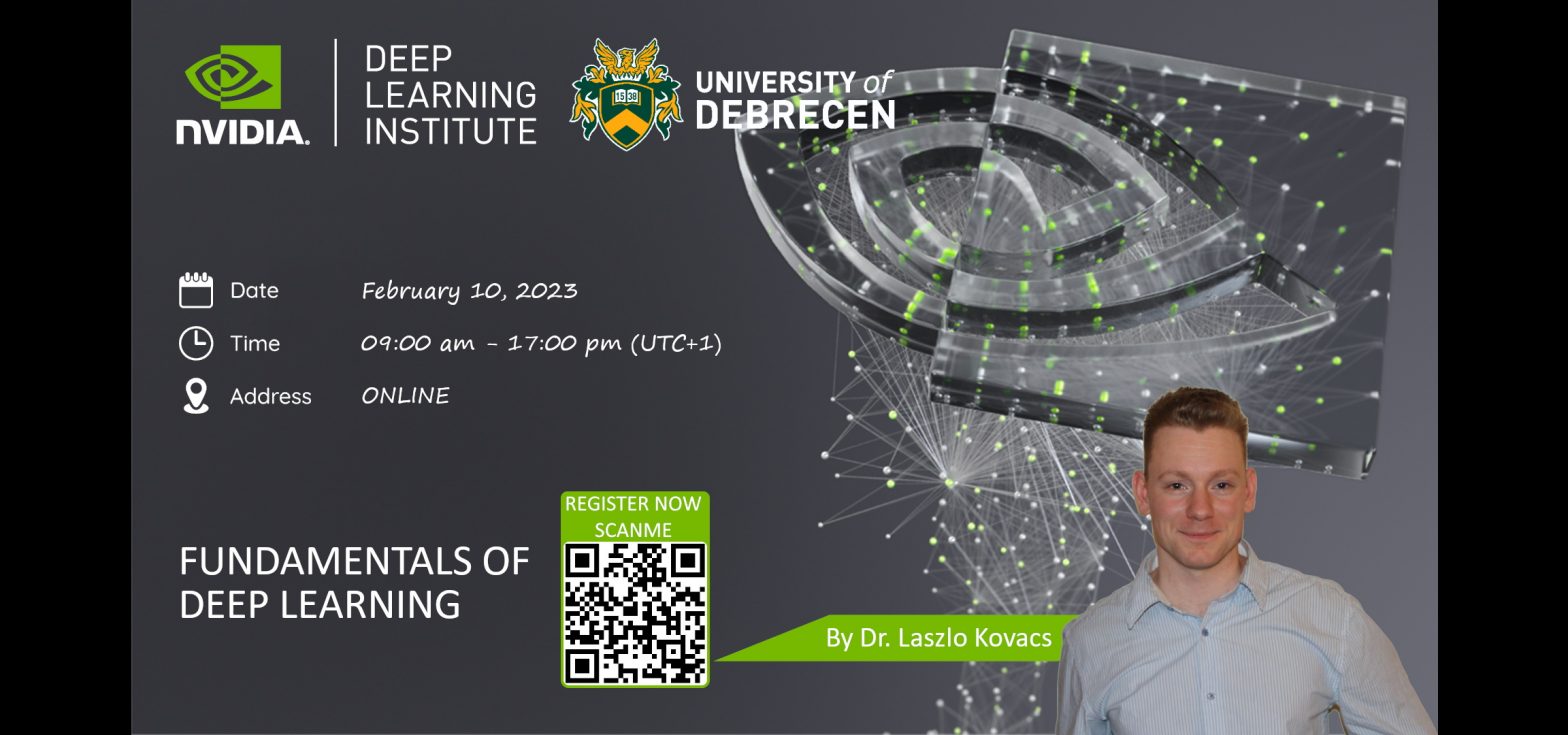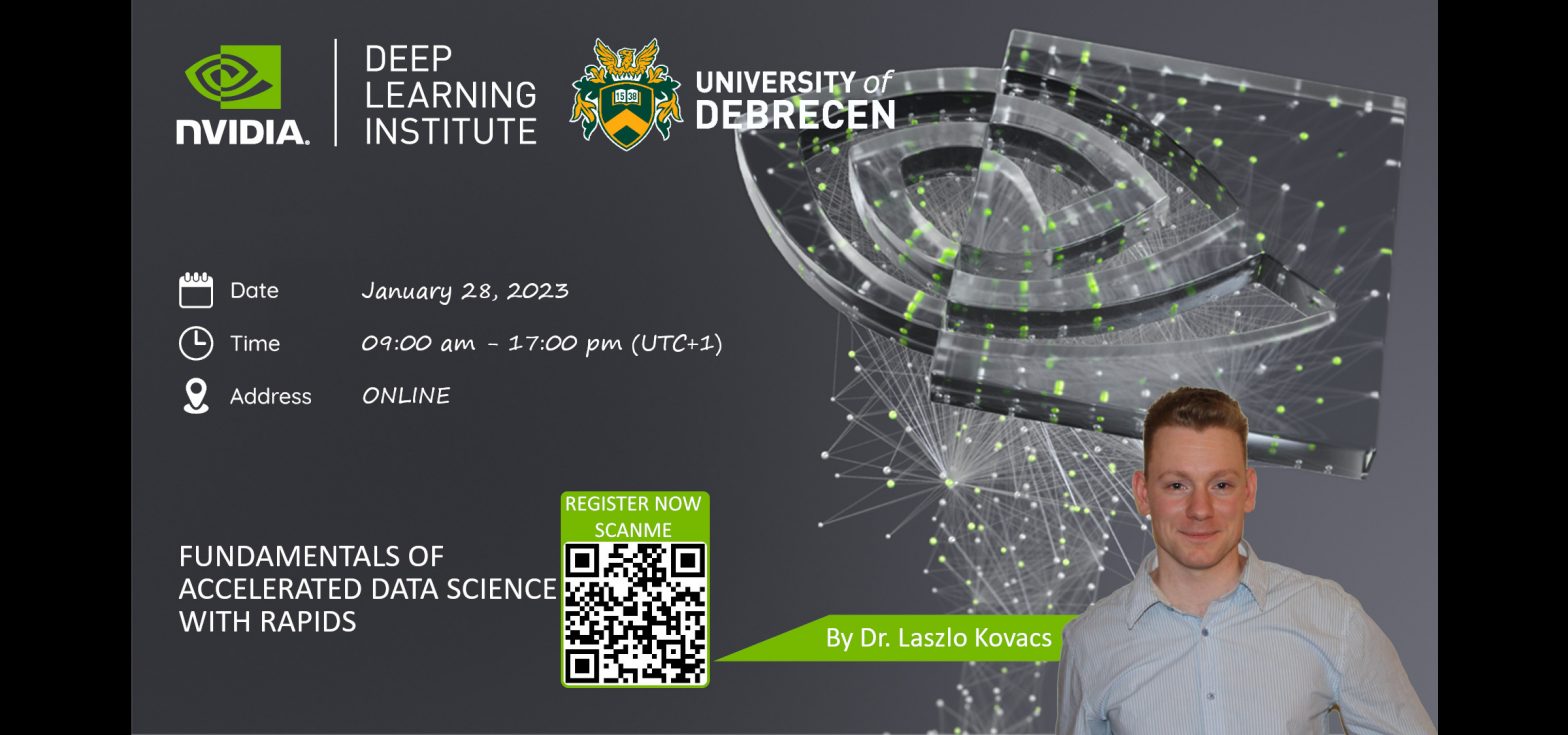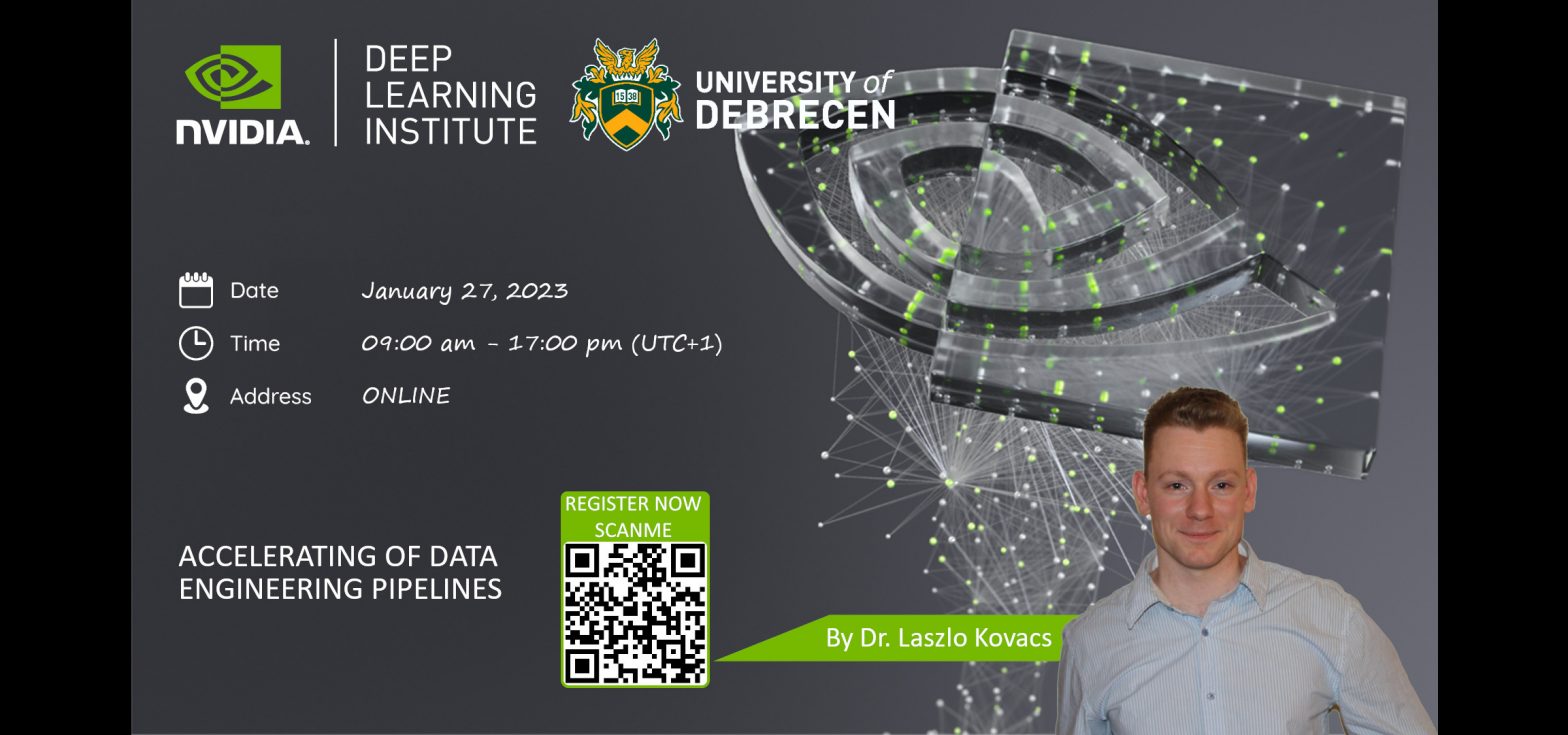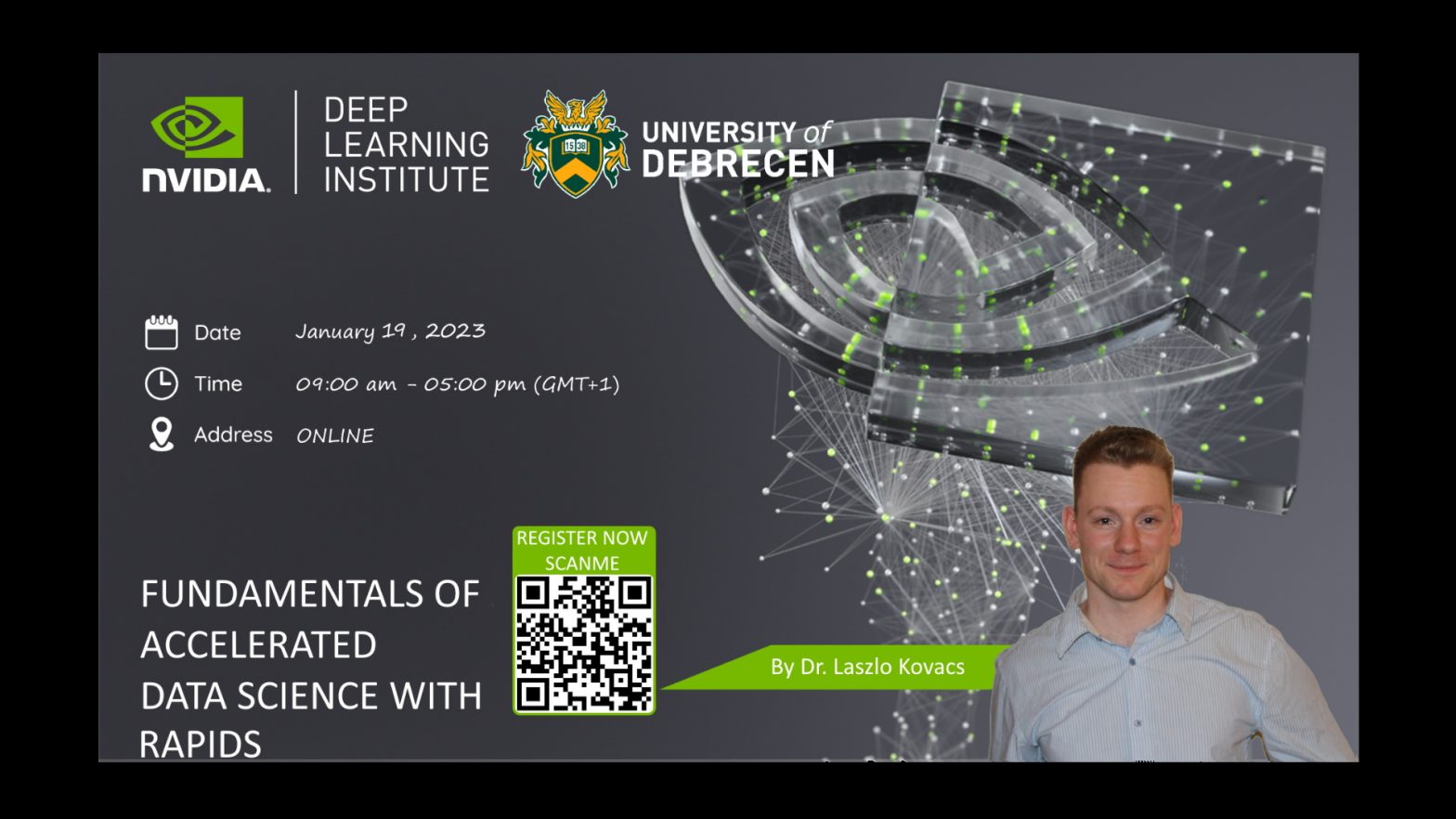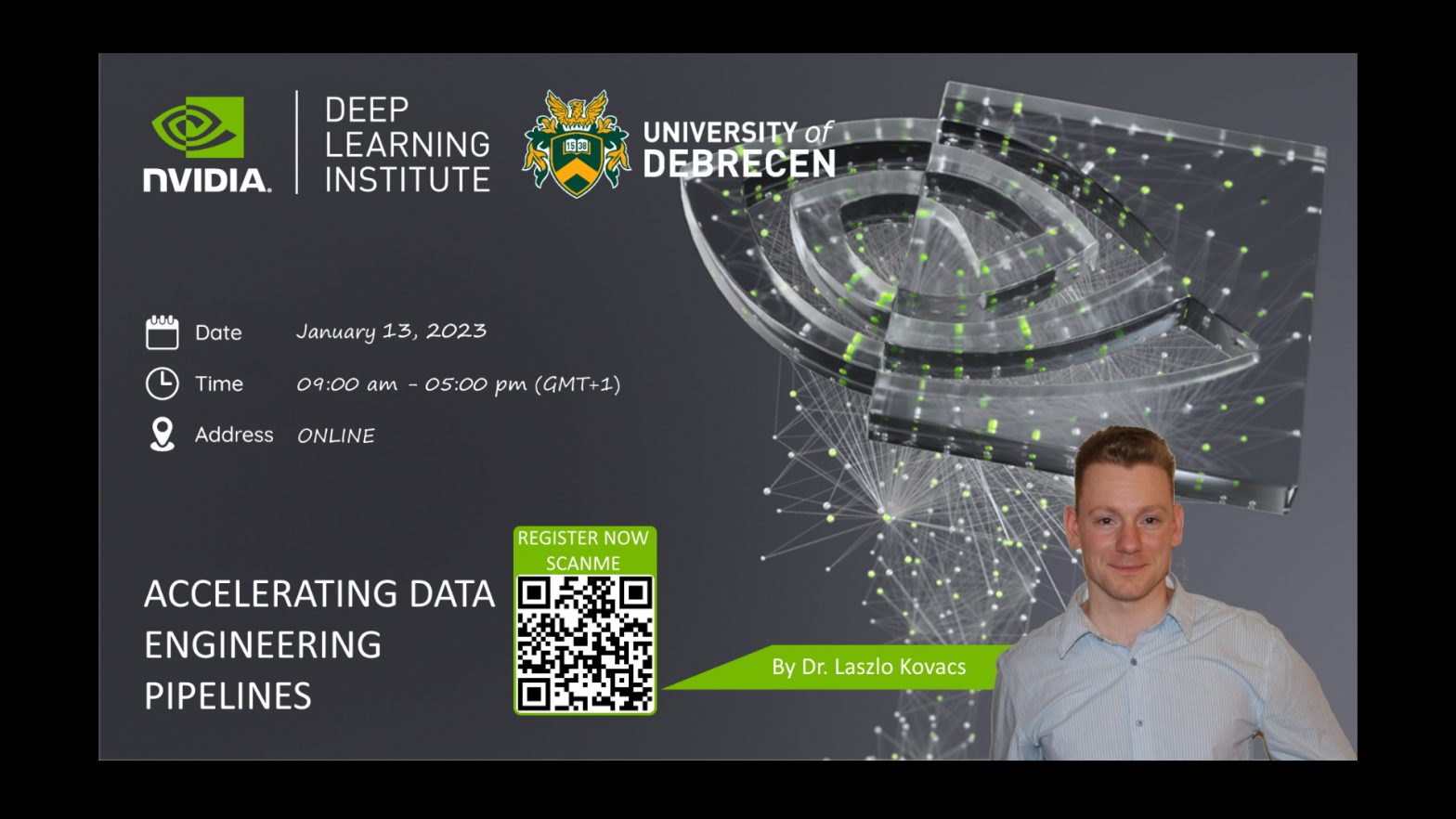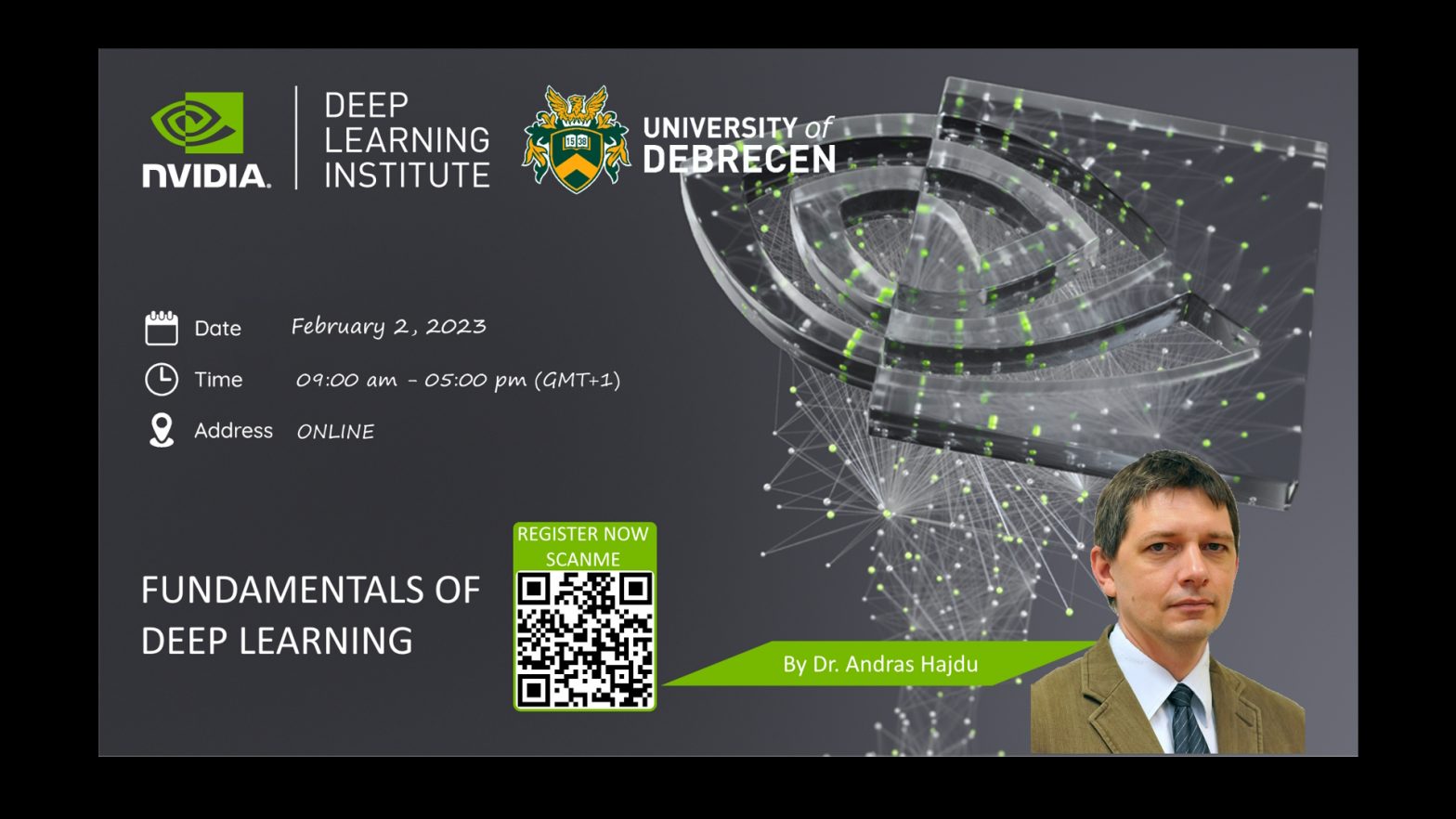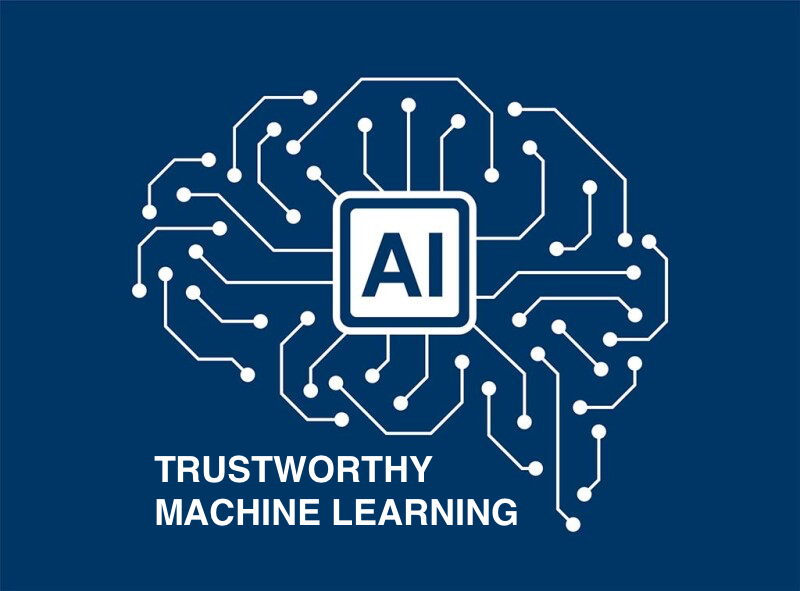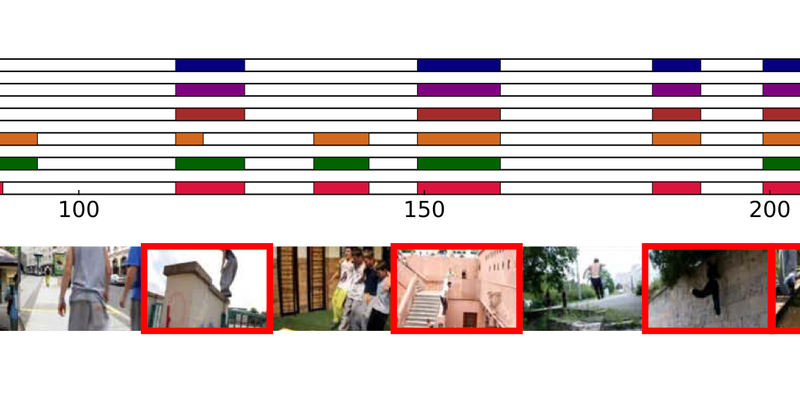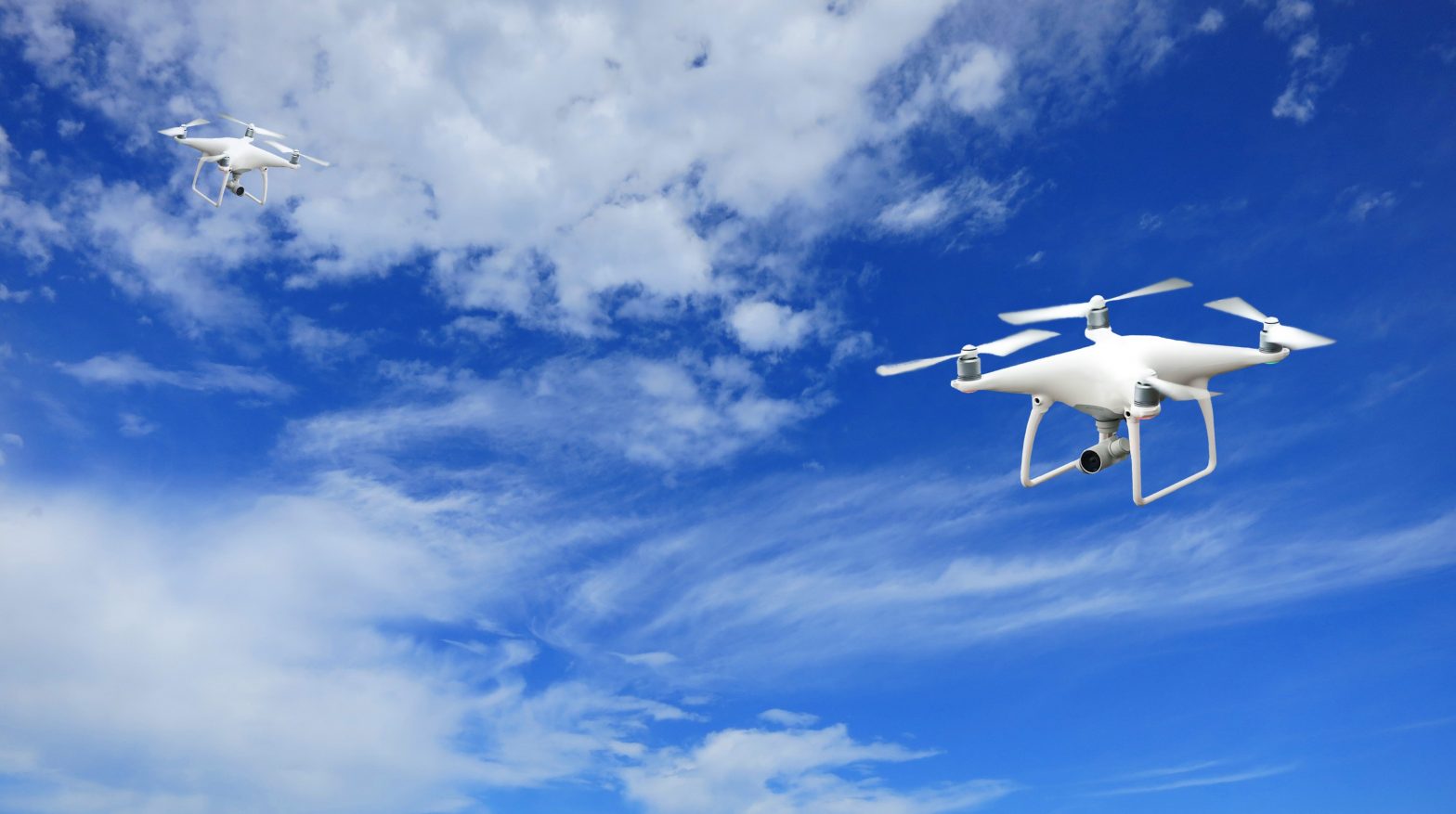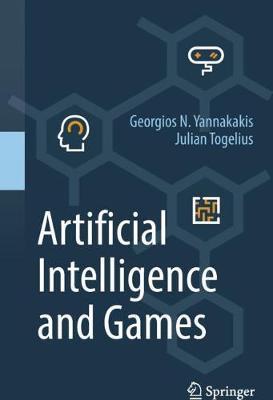December 3, 2024
Lecturer
Ioannis Pitas (AUTH),
Nikolaos Militsis (AUTH),
Matthaios-Dimitrios Tzimas (AUTH),
Evgenios Vlachos (AUTH),
Pauline Delporte (CS GROUP),
Francesca D’Agresti (Engineering),
Resch Bernd (PLUS),
Massimo Villari (UNIME),
Evangelos Spatharis (AUTH),
Vasileios Mygdalis (AUTH),
Content and organization
This short course on Big Data Analytics for Natural Disaster Management (NDM) provides a comprehensive overview and in-depth presentation of advanced technologies involved in the acquisition and analysis of Big Data for NDM. NDM can be greatly improved by developing automated means for precise semantic mapping and phenomenon evolution predictions in real-time. Several extreme data sources can significantly help towards achieving this goal: a) autonomous devices and smart sensors at the edge, equipped with AI-capabilities; b) satellite images; c) topographical data; d) official meteorological data, predictions or warnings published in the Web; and e) geosocial media data (including text, image and video). Such heterogeneous data sources provide a prime extreme data example: a) they are diverse; b) voluminous; c) fast and frequently updated; d) complex; e) multilingual; f) have very disperse sources (satellite, drone, sensors, social media, maps); and h) have extreme values.
The course consists of ten lectures, covering important topics and presenting state-of-the-art technologies in: a) Big Data acquisition using sensors, drones, satellites, the Web and social media platforms; b) Big Data analysis based on Deep Learning; c) accurate phenomena modeling; and d) analysis, forecasting and risk management for improved NDM. The presented technologies find practical application in developing an advanced NDM support system that dynamically exploits multiple data sources and AI technologies for providing an accurate assessment of an evolving crisis situation.
Online Event
All lectures will be delivered online via Zoom (Passcode: 114050).
Please refer to the course page for detailed program information.
This short course is supported by Horizon Europe TEMA project.
Course Duration
10 hours (10 lectures)
Course Type
Short Course
Participation terms
Both AIDA and non AIDA students, CS/ECE/EE/AI students/scientists, engineers as well as AI enthusiasts from other scientific disciplines having the necessary mathematical background are welcomed to register free of charge on a First-Come-First-Serve basis. Please find the Registration Form.
If you are an AIDA Student* already, on top of the above registration, enroll on this course using the button "ENROLL ON THIS COURSE" below, so that this course is included on your AIDA Certificate of Course Attendance, upon successful course participation (attendance of at least 80% of the scheduled course lectures).
*AIDA Students should have been registered in the AIDA system already (they are PhD students or PostDocs that belong only to the AIDA Members list.
Language
English
Modality (online/in person):
Online course
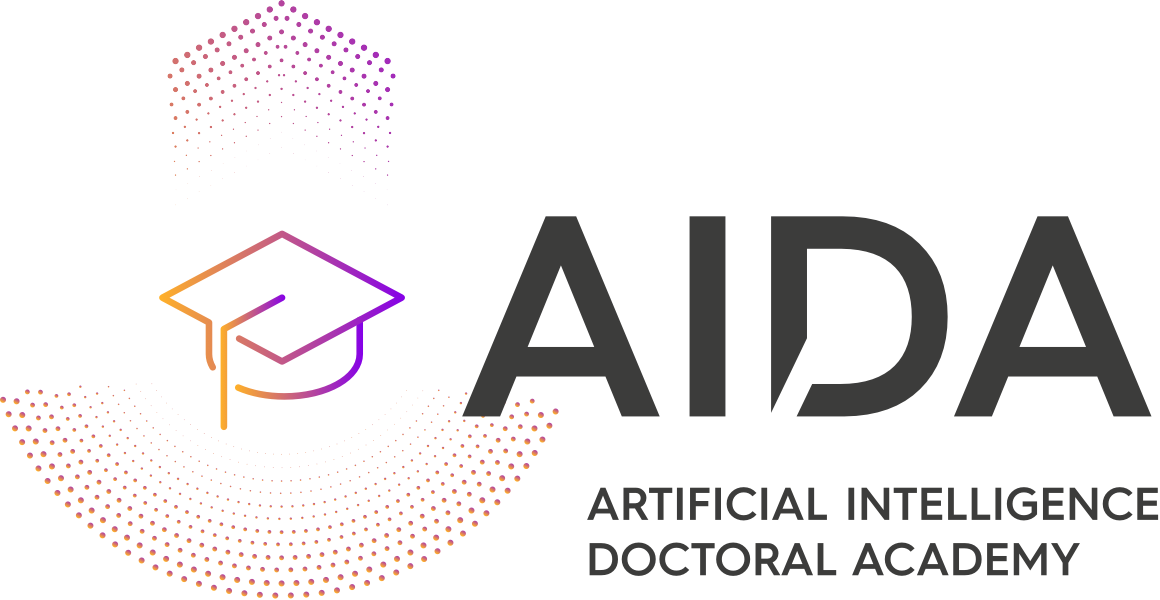
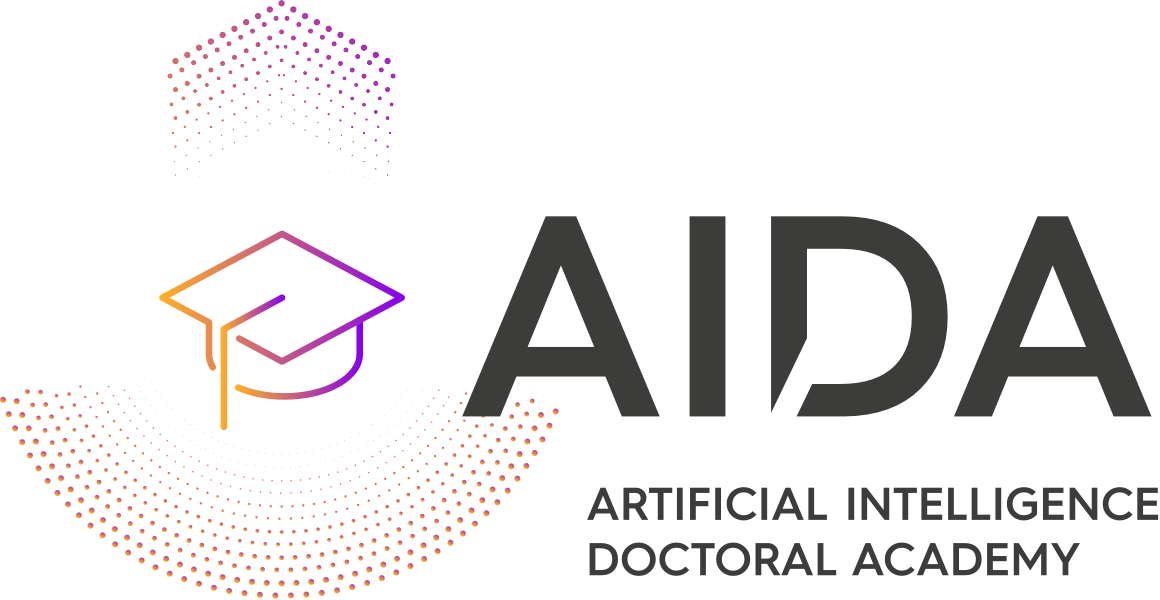

 Back to List
Back to List






